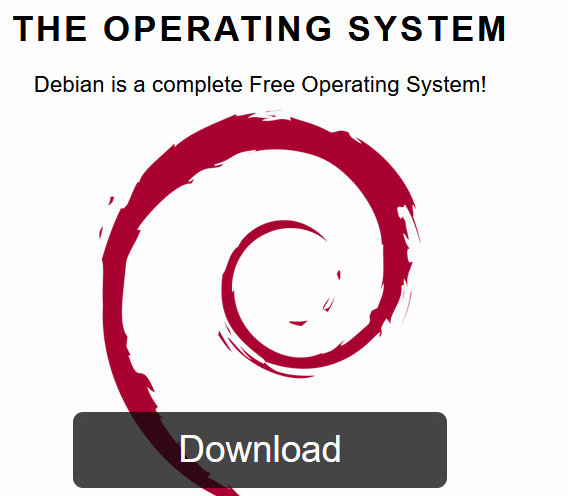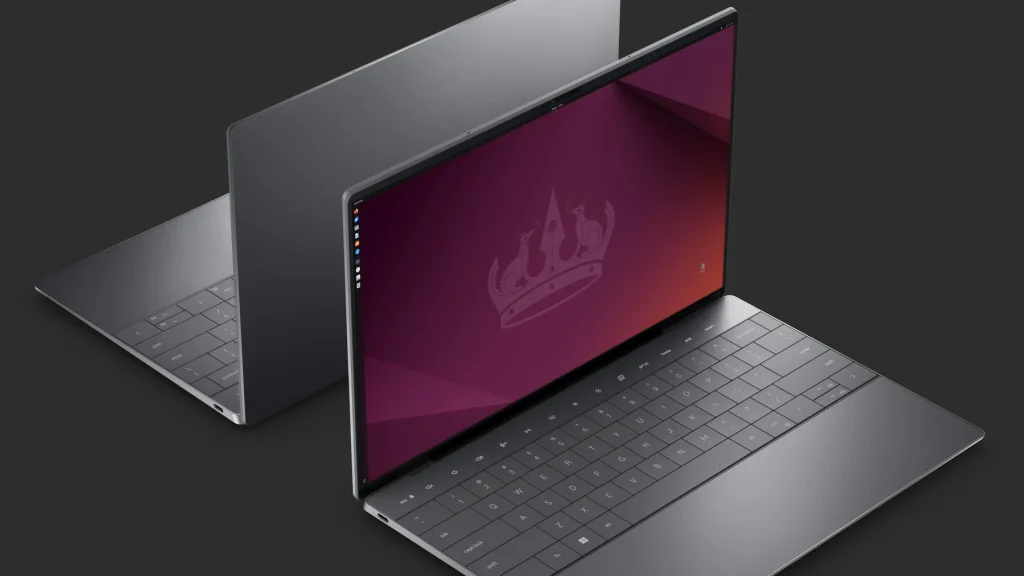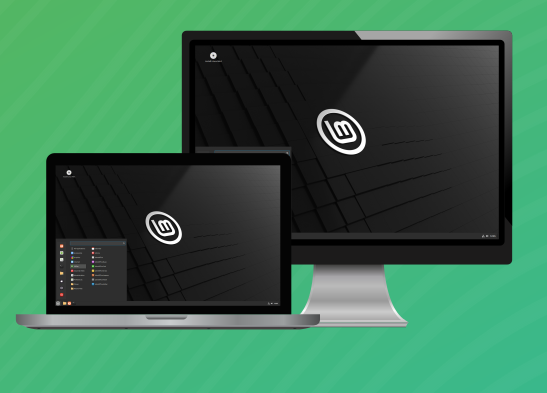If you’re exploring the world of Linux, you’ve likely come across Debian, Ubuntu, and Linux Mint. While they’re all part of the Linux family, each has its own unique flavors.
Let’s break down their differences in simple terms.
Debian: The Wise Grandfather
Debian is like the wise grandfather of many Linux distributions. It’s been around for a long time and is known for its rock-solid stability.

Download Debian
Debian is:
- Super stable and reliable
- Great for older hardware
- Great for servers and experienced users
- Slower to update, ensuring thoroughly tested software
- Requires more technical know-how
Ubuntu: The Friendly Cousin
Ubuntu is like Debian’s more outgoing cousin. It is based on Debian but aims to be more user-friendly.

Download Ubuntu Desktop
Ubuntu features:
- Regular updates every six months
- A balance of new features and stability
- Large community support and lots of documentation
- Good for both everyday users and developers
- Suitable for corporate deployments
Linux Mint: The Welcoming Neighbor
Linux Mint is the newer kid on the block, compared to Ubuntu. It’s designed to be super easy for newcomers, especially those coming from Windows.

Download Linux Mint
Linux Mint offers:
- An interface that feels familiar to Windows users
- Pre-installed multimedia support and drivers
- Very user-friendly, great for Linux beginners
- Focus on desktop use
Key Differences
Ease of Use: Linux Mint is the easiest, followed by Ubuntu, then Debian.
Update Frequency: Debian updates slowest, Ubuntu is in the middle, and Mint updates most frequently.
Target Audience:
- Debian: Tech-savvy users and server admins
- Ubuntu: General users and developers
- Linux Mint: Beginners and former Windows users
Out-of-the-Box Experience: Linux Mint comes with the most pre-installed software, Ubuntu is in the middle, and Debian has the least.
Choosing Your Flavor
- If you’re new to Linux or coming from Windows, start with Linux Mint.
- For a good balance of user-friendliness and features, try Ubuntu.
- If you value stability and don’t mind some technical work, go for Debian.
Remember, the best choice depends on your needs and experience level.
Happy Linux exploring!